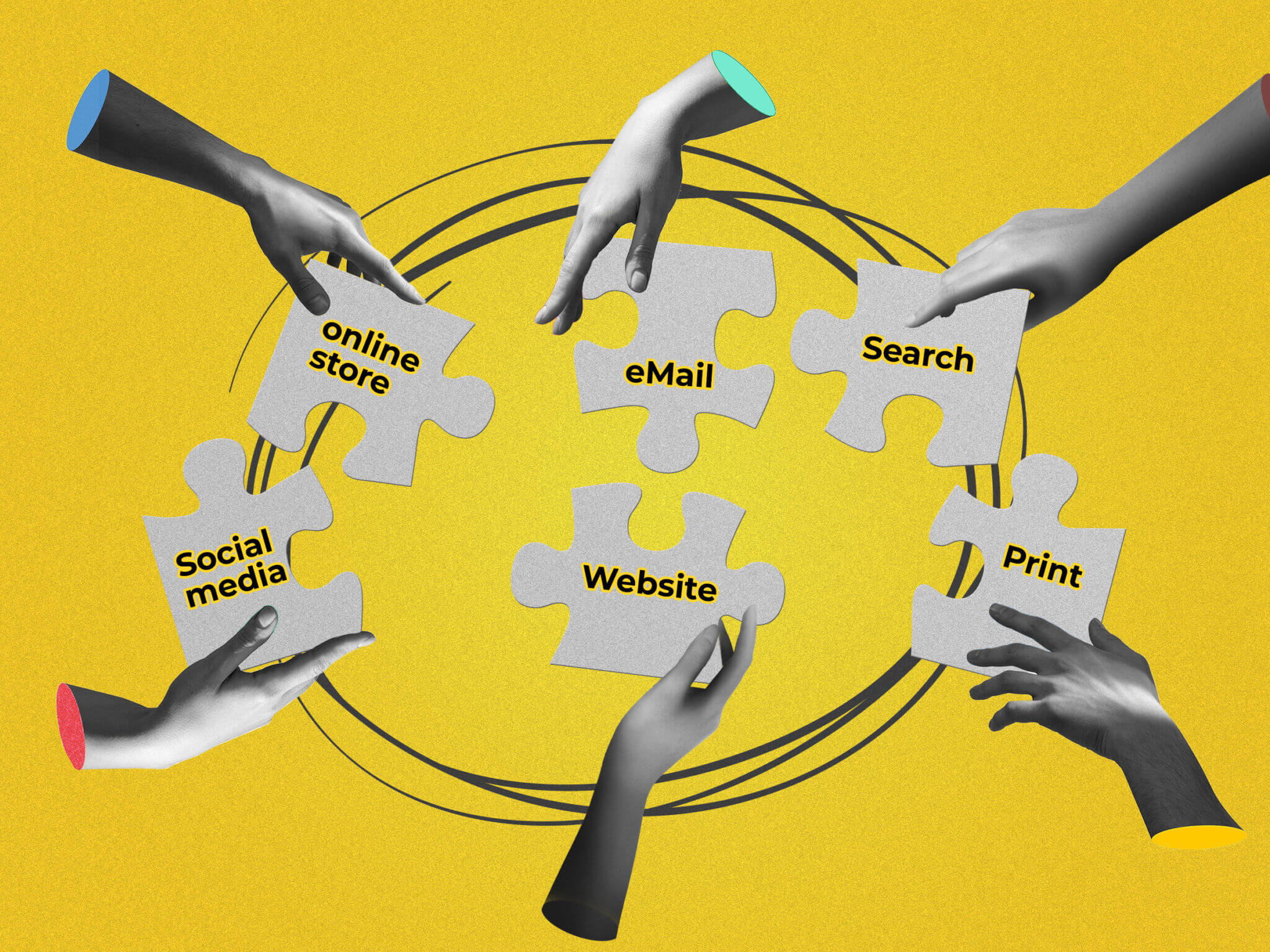Engaging with your target audience where they are most likely to be found might seem like a straightforward-enough task. However, does a straightforward strategy still apply when today’s target audiences are found on multiple platforms across the broader digital space? Omni-channel marketing makes it possible for your brand to reach them as they go platform-hopping all throughout their buyer’s journeys.
For our second post in our Ad World series, we’re focusing on omni-channel marketing using paid ads as shared by Ad World Speaker, Jon Weberg.
Creating an omni-channel marketing strategy is all about understanding how you can relate to your audiences by optimising your channels, and understanding what the key ingredient is for improving your profitability.

A single marketing message doesn’t have to be sent in just one way. In fact, sending the exact same message multiple times to the same audience is the likeliest cause of ad fatigue.
One way to avoid this is to produce different creatives for each message — you might be promoting the same product, for instance, but you’re still able to promote it in three different ways:
You can also create retargeting ads as part of a wider strategy, and by using different content types to continue building a relationship with your audience.
Relying on a single channel like retargeted social media ads as a way to follow up with your audiences defeats the idea of omni-channel marketing. Consider how there are plenty of other ways your brand could follow up with a lead or potential customer. If you want to appeal to customers who have seen or engaged with your ads but have yet to make a purchase, try:
Two or more of these follow-up channels may be used simultaneously, and doing so enables you to make a connection with your target audience as they move across platforms. This, in turn, aids with boosting your conversion rate across your marketing channels.

Offering different products and price ranges is an effective means of meeting the needs of your audience and turning them into customers. A hotel, for instance, might have different wedding packages, and a beauty brand might price their products according to a variety of tiers. Other ways to add variety to your offers include:
You might also try to offer a similar or related product in tandem with items you were originally prioritising with your marketing.
Many marketers don’t usually regard split-testing as a way to boost profits, but there are a variety of elements you can split-test to improve your conversion rates:
While this term has grown somewhat hackneyed, creating strategies specifically for growing your business will always be a must. Some of the growth hacking strategies that have been proven to increase profitability include:
Enhancing your customer usability
Retargeting leads who said no to buying more
If you’ve done your split-testing and figured out what works, work on replicating those successful elements in different ways.
Now that you know how to relate to your audiences and optimise your channels, you need to know what your brand needs the most in order to create an effective omni-channel marketing strategy that improves your profits:
Be true to your brand!
Weberg cites Tesla and Walmart for perfecting the use of authenticity in their marketing, even as he says being personable and genuine is considered “unprofessional”.
When running your ads and following up with leads, you need to be transparent and let your brand’s true essence—what makes your brand unique—shine through. This will enable you to relate to your audience on a personal level and to encourage loyalty to your brand.
Tracking every change you make in your content, channels, offers, tests and growth hacks, and putting them together in an accurate report is the synthesis of your omni-channel marketing strategy.
You’ll need to monitor changes in key metrics to find out what causes your profit margins to move one way or the other.
Such constant monitoring is integral to creating and implementing strategies for paid ads and reporting on their performance. To create an omni-channel strategy of your own and achieve the results you aspire towards, get in touch with our media planning and buying team today.
Don't be shy — say hello and we'll be glad to kickstart your next exciting digital marketing journey.